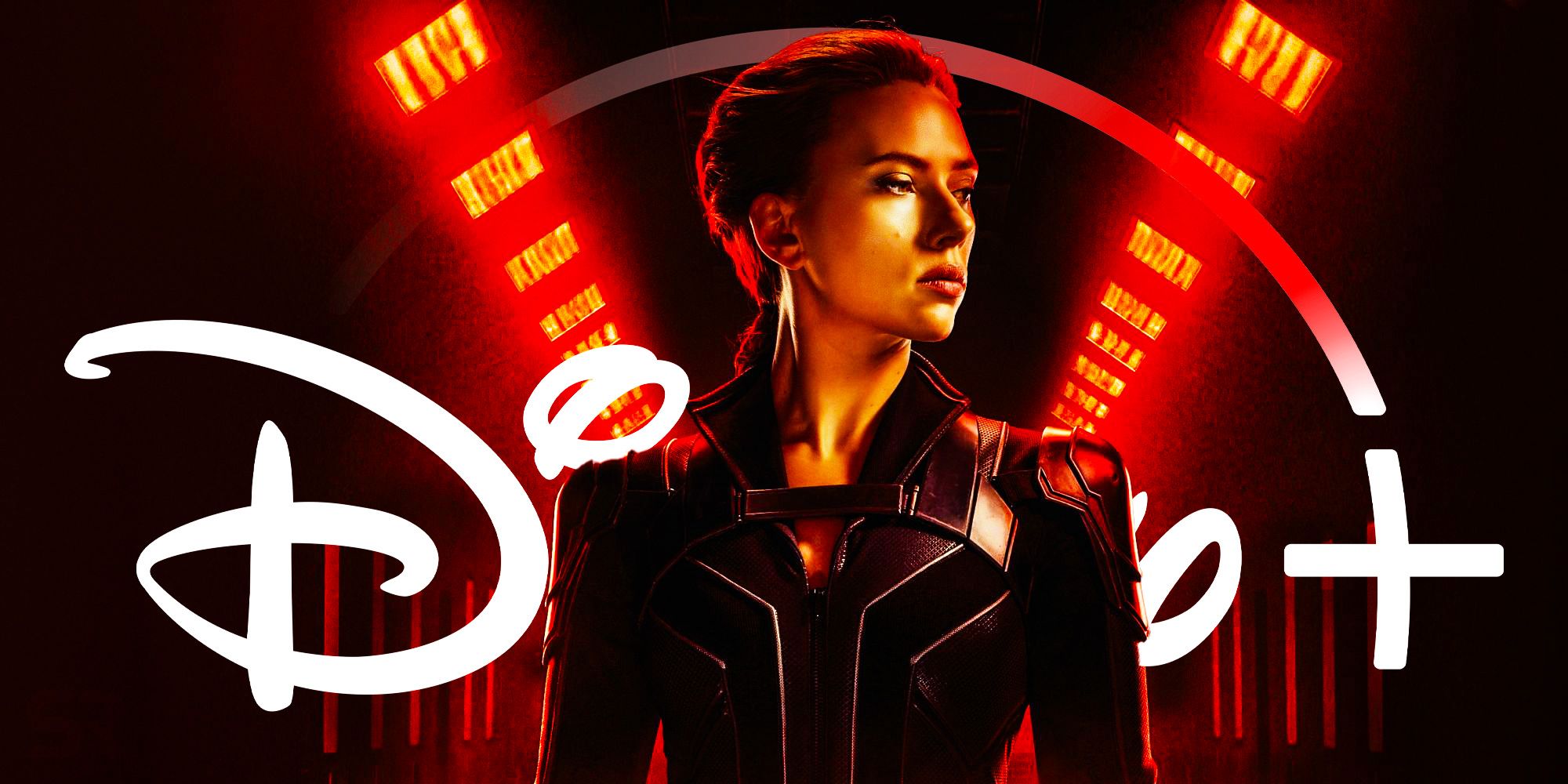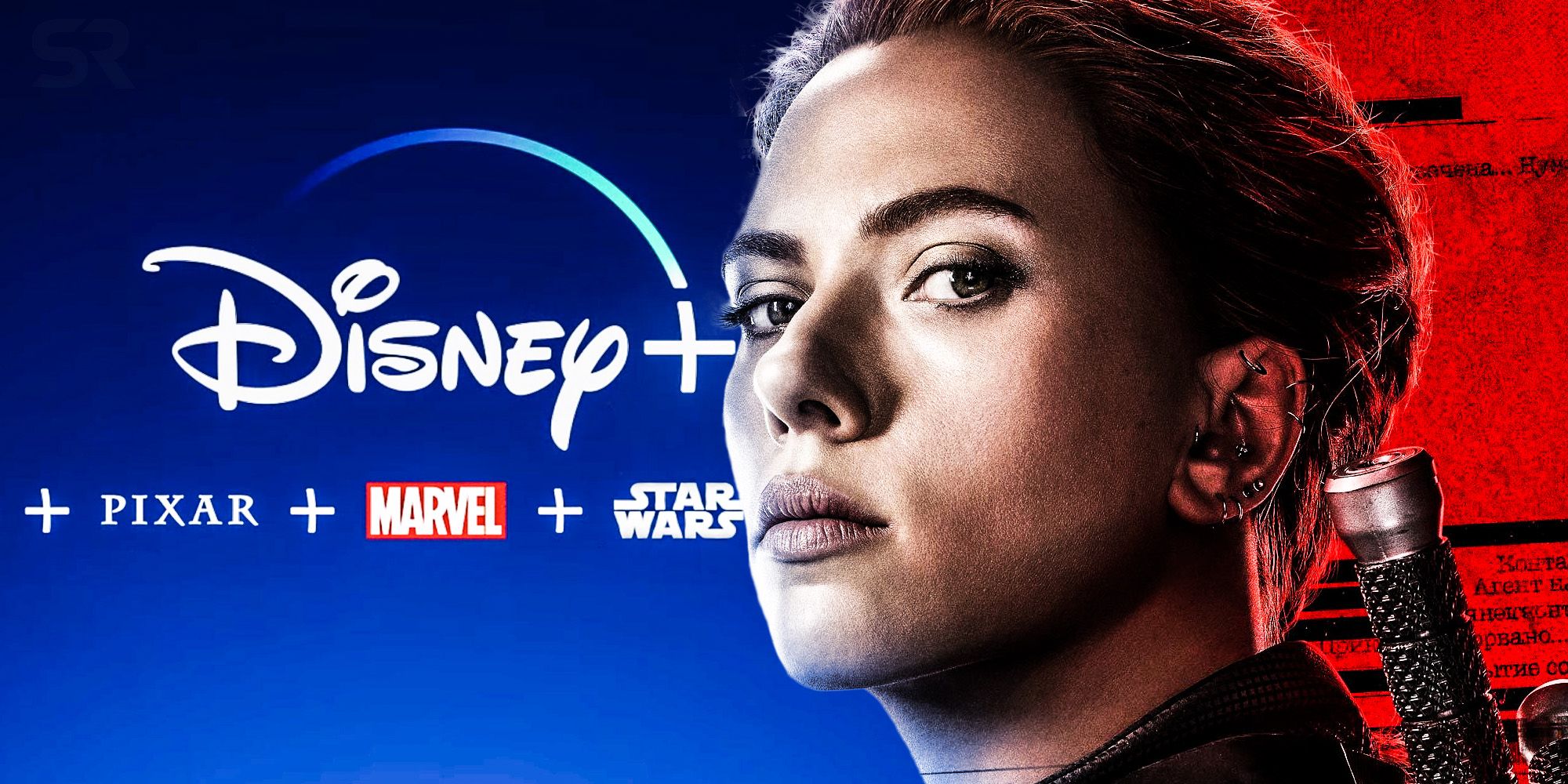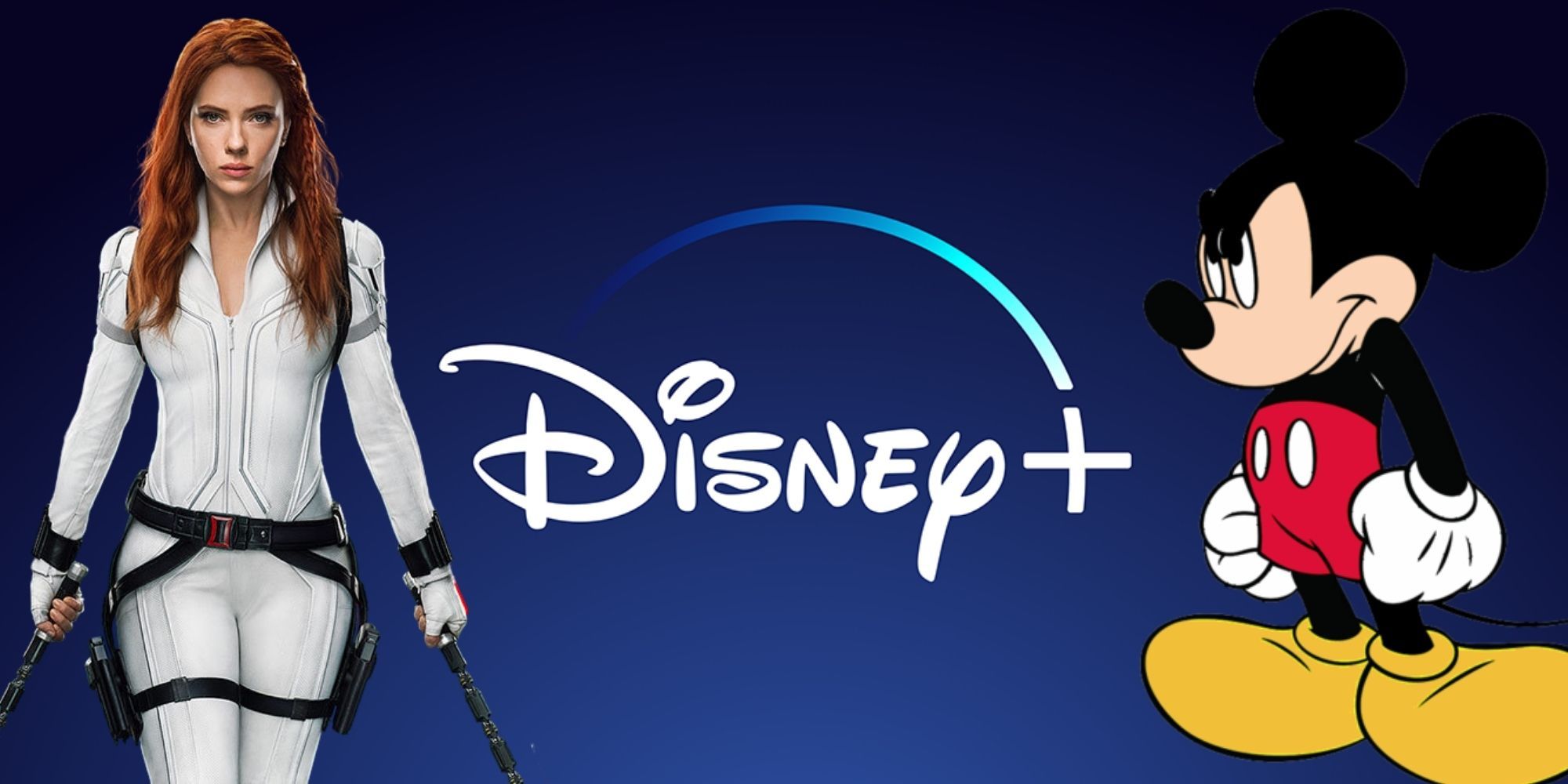
Black Widow's hybrid approach to releasing the MCU film has officially failed the movie itself on several different levels. Scarlett Johansson's Black Widow was introduced in 2010 in Iron Man 2, and there was immediate demand for a solo movie starring Marvel's super-spy. Surprisingly, the studio waited until the beginning of Phase 4 - and the aftermath of Avengers: Endgame, in which Black Widow died - to make the film a reality. This naturally made Black Widow something of a hard sell, prompting accusations Marvel had failed Black Widow - even in her own movie.
Unfortunately, the problem was compounded by Disney's ultimate release strategy. Black Widow's theatrical release kept being pushed back because of the coronavirus pandemic, and in the end Disney went with a hybrid release. The film released simultaneously in theaters and on the Disney+ streaming platform - albeit as Premier Access content where subscribers had to pay an additional charge to watch it. This proved to be controversial, with Scarlett Johansson launching a lawsuit due to loss of earnings. Her contract stipulated bonuses based on whether the film hit box office benchmarks, and she felt the distribution strategy effectively prevented these being achieved. Scarlett Johansson's Black Widow lawsuit became the hot topic, driving most discussion of the film for months.
Many believed hybrid releases would become the norm in the age of streaming, with Black Widow seen as an early experiment. Studios continue to explore this approach, with some following the Premium Access model and others simply making their films available on streaming platforms at the same time they release in cinemas. That makes it critical to assess whether or not Black Widow's form of hybrid release should be seen as a success or a failure.

Black Widow was the most successful hybrid release of 2021; in court filings, Disney revealed the film made more than $125 million through the Premier Access model, alongside its $379.6 million in the global box office. In total, then, Marvel made over $504 million through the hybrid release, which is perfectly respectable - even when compared to other MCU Phase 4 films such as Eternals ($402.1 million) and Shang-Chi & the Legend of the Ten Rings ($432.2 million). On the face of it, then, Black Widow would seem to be a financial success, albeit not one comparable to top-tier MCU franchises. But it's worth noting there has been some controversy over Black Widow's box office, with the film experienced an unusually steep (for the MCU) drop in its second weekend. The precise cause is debatable - this was during the height of the pandemic, after all, and it might simply be that Black Widow wasn't enough of a draw - but theater owners blamed Black Widow's hybrid release.
Streaming services don't just measure performance in terms of financials, of course. There are other important metrics, notably sign-ups, and according to Antenna Analytics (via Observer) more people signed up to Disney+ in the film's opening weekend than for other Premier Access releases Mulan, Cruella, and Raya and the Last Dragon. Unfortunately, not all these new subscribers actually went on to buy Black Widow, with opening weekend purchases slipping behind both Mulan and Cruella.

What is undeniable when it comes to Black Widow's release is that the hybrid release appears to have been associated with an unprecedented degree of piracy. Black Widow became the most pirated film of the pandemic era, a fact theater owners swiftly pointed to. Pirate copies were unusually high-quality, simply because they were ripped straight from Disney+ rather than badly filmed in theaters, and thus they were unusually attractive to prospective viewers. Incredibly, analysis conducted by Cinépolis revealed roughly 40 percent of Black Widow's viewers pirated the film, almost equal to the proportion who went to the theater; only 18 percent of viewers watched Black Widow on Disney+. This explains a report from Deadline claiming Disney believed they had lost $600 million in profit due to the hybrid release.

The financials for Black Widow's hybrid release aren't good. But they pale compared to the controversy caused by Scarlett Johansson's lawsuit, which dominated the conversation about Black Widow for months. This came about at a time of transition for Disney, with new CEO Bob Chapek taking over from his predecessor Bob Iger. Insiders pinned the blame for the lawsuit at Chapek's door, and there were accounts of both Marvel Studios boss Kevin Feige and Iger being unhappy with the situation. Times of change are always uncomfortable, and the timing of the Black Widow lawsuit was particularly bad news for Disney.
Hybrid releases were always going to eventually become part of Hollywood's landscape; they were accelerated by the pandemic, not caused by it. Other studios took a better approach than Disney, with Warner Bros. working hard to renegotiate contracts with talent when execs chose to release all their 2021 blockbusters on HBO Max. The Johansson lawsuit was really a result of Disney's failure to do the same, resulting in a very real financial impact on the cast and crew of Black Widow, and the actress wasn't just standing up for herself. Over the last few decades, the power balance in Hollywood had shifted towards the studios due to the growing dominance of franchises such as Marvel and Star Wars. Johansson's victory began to move the pendulum back towards the talent once again, meaning the Johansson lawsuit has major implications for Hollywood as a whole.
-
The context of the coronavirus pandemic makes Black Widow's hybrid release rather unique; it's very difficult to accurately predict viewer behaviors had Disney pursued a different strategy, meaning the studio's estimate it lost over $600 million due to piracy is probably a significant overestimate. Still, for all that's the case, it is clear the performance of Black Widow was far from satisfactory, with the distribution strategy allowing unprecedented piracy. The hybrid release's failure was compounded by poor decision-making at Disney, which led directly to the lawsuit. That was eventually settled, with relationships between Johansson and Marvel clearly healed, given the actress is now working for Marvel as a producer on another unknown, non-Black Widow-related project.
from ScreenRant - Feed https://ift.tt/BYeOA7d
